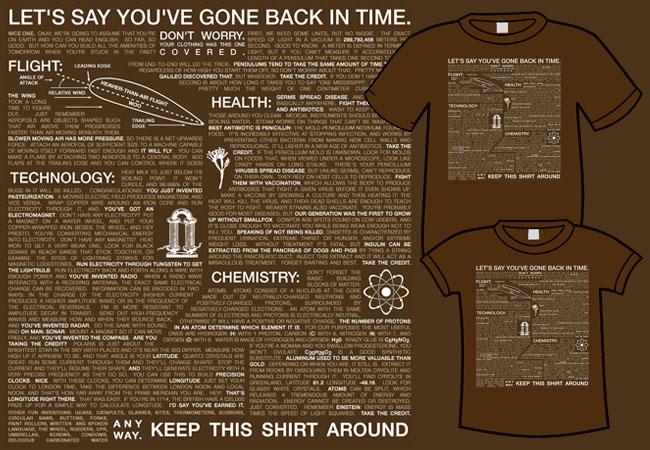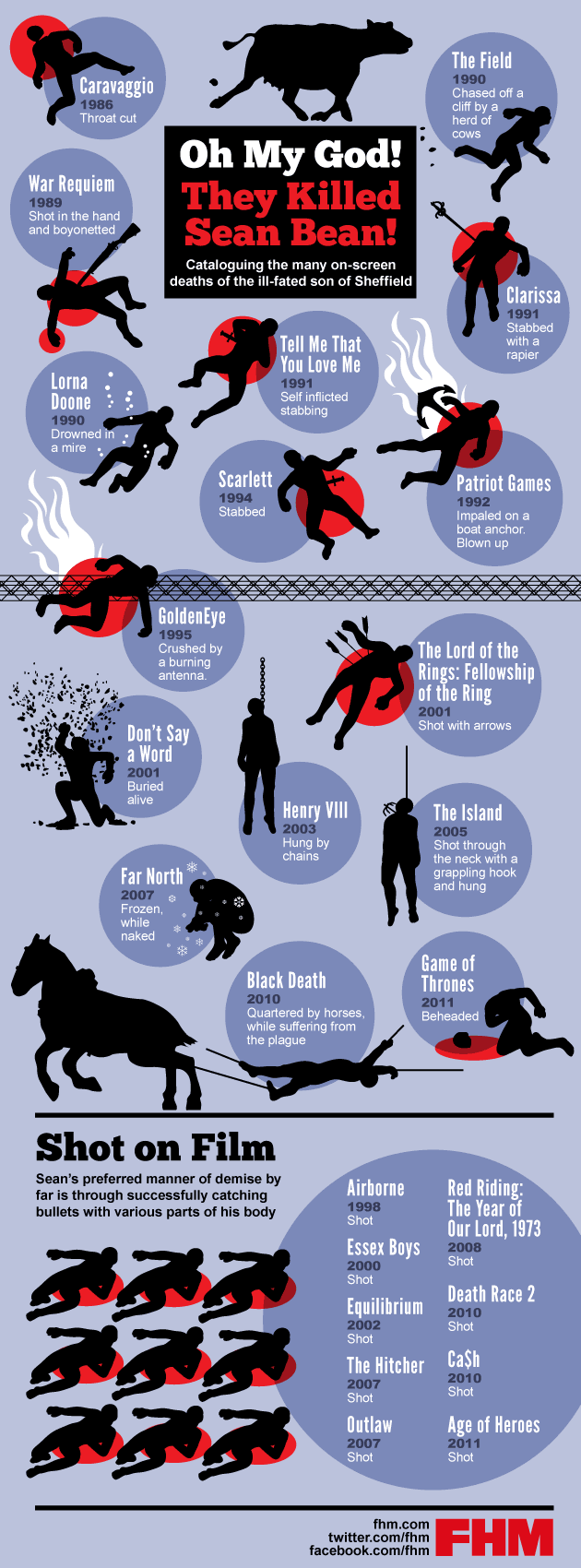Ingenious new zipper design
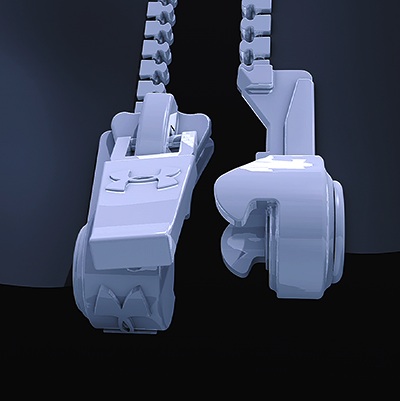 Apparel brand ‘Under Armour’ have begun incorporating an ingenious re-imagining of the basic zipper in its clothes, created by engineer Scott Peters. Although the fastening still relies on the interlocking of two bands of metal teeth, the clasps at the bottom have received a thoughtful re-design. The motivation for Peters, he says, was watching his uncle, who suffers from myotonic dystrophy, struggle to engage the conventional clasps. The solution is the inclusion of magnets and a unique catch, so that the two halves automatically align with one another and the zipper can even be done up one handed.
Apparel brand ‘Under Armour’ have begun incorporating an ingenious re-imagining of the basic zipper in its clothes, created by engineer Scott Peters. Although the fastening still relies on the interlocking of two bands of metal teeth, the clasps at the bottom have received a thoughtful re-design. The motivation for Peters, he says, was watching his uncle, who suffers from myotonic dystrophy, struggle to engage the conventional clasps. The solution is the inclusion of magnets and a unique catch, so that the two halves automatically align with one another and the zipper can even be done up one handed.
Fastenings are discussed briefly in Chapter 4 of The Knowledge. Whilst the complexity of zippers will probably remain beyond the reach of a society recovering from scratch, buttons became common in medieval Europe in the mid-1300s and ushered in a true revolution in fashion. Rather than black being the new brown being the new black, with an easily reversible fastening you can fundamentally change the form of clothes. Instead of wrapped around like a toga, or having to be slipped over the top of the head like a loose-fitting tunic, easily-reversible fastenings allow clothes to be much more snug-fitting and comfortable.
What I love in particular about this zipper story is that it’s a reminder that no technology ever reaches a final design – everything is continually evolving and being updated, even the most prosaic items in life that we use without thinking, such as zippers.
Read the full story on fastcodesign.com

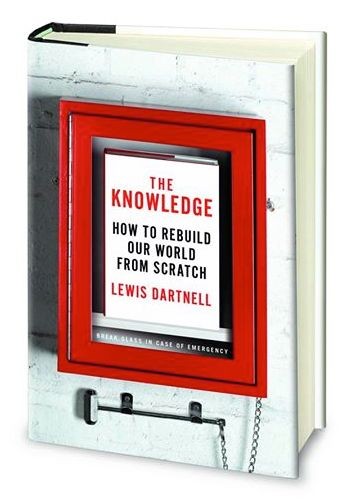
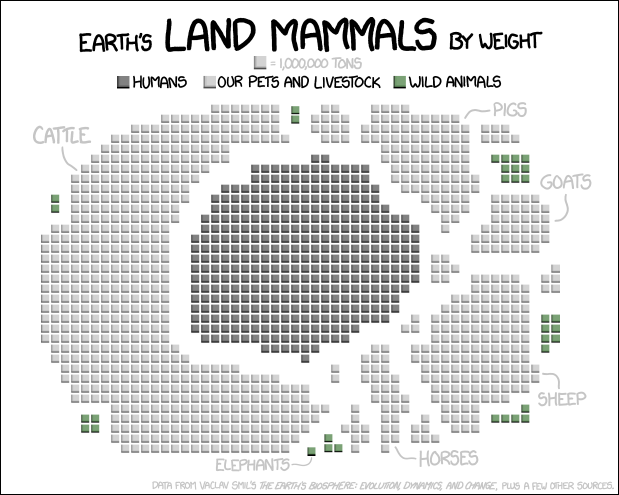
 I took part in an event called the
I took part in an event called the 